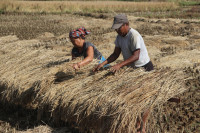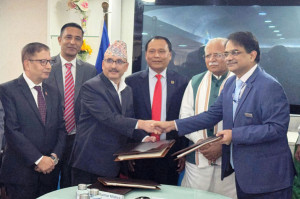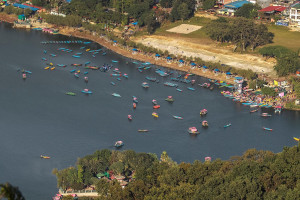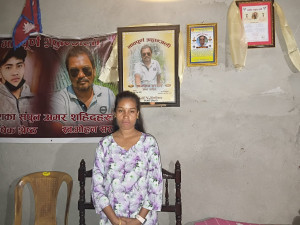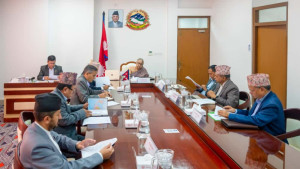Money
5 of 30 privatised PEs making profits
Of the 30 privatised public enterprises (PEs), only 11 are currently in operation. Moreover, just five of them are making profits, according a report.
The profit-making PEs include Butwal Power Company, Nepal Telecom, Nepal Lube Oil, Nepal Bitumin and Barrel Industry, and Bhaktapur Bricks Factory, according to Basu Sharma, coordinator of the Finance Ministry’s privatisation cell.
Other PEs under operation include Nepal Tea Development Corporation, Lumbini Sugar Mill, Nepal Rojin and Terpentine, Nepal Bank Limited and Raghupati Jute Mill and Nepal Metal Company.
The Privatization Act has, however, terms “privatization” the sales of PE property to private sector, share divestment, management handover, liquidation and scrapping.
Among the privatised PEs, 11 were scrapped, one was liquidated, shares of 11 were divested and businesses and property of three were sold.
Three of them were privatized in the form of sales and leasing of property. The management of a PE was handed over to the private sector.
“A reason why only a few privatised PEs are in operation is even the scrapping and liquidation come under privatization,” said Sharma.
“On the other hand, the private sector, which is supposed to operate a factory, failed to do so.
For example, Bhrikuti paper and Pulp Factory, Balaju Textile Factory, Harishiddi Bricks and Tile Factory and Raw Skin Collection and Sales Centre, Sharma added.”
According to the Annual Review of Public Enterprises 2014 published by the Finance Ministry, the majority of privatised PEs have either been closed down or are facing dispute.
“On one hand, expected results have not come out from the privatisation. Closure of many PEs has created negative opinion among the people about privatisation,” report said.
It has raised questions over the attitude of the owners of the privatised PEs, stating the fact that the government had to spend a huge amount for staff salaries even in privatised PEs.
According to the report, the government bore a liability of Rs 4.93 billion for 15 privatised PEs over the last several years.
The government has admitted its failure to monitor and evaluate the privatised PEs resulted in the failure of the idea of privatisation.
The government failed to do anything even though businesses were not run as per the conditions set.
The report says operators of privatised PEs are pressuring the government to allow them to sell property and do other businesses with the proceeds, which is against the objective of privatisation.
“That’s why there’s a need for a mechanism for regular monitoring and evaluation of privatised PEs,” the report states.
It has also pointed out that the government has failed to ensure that those leasing PE land plots would utilise the property properly.




 18.12°C Kathmandu
18.12°C Kathmandu